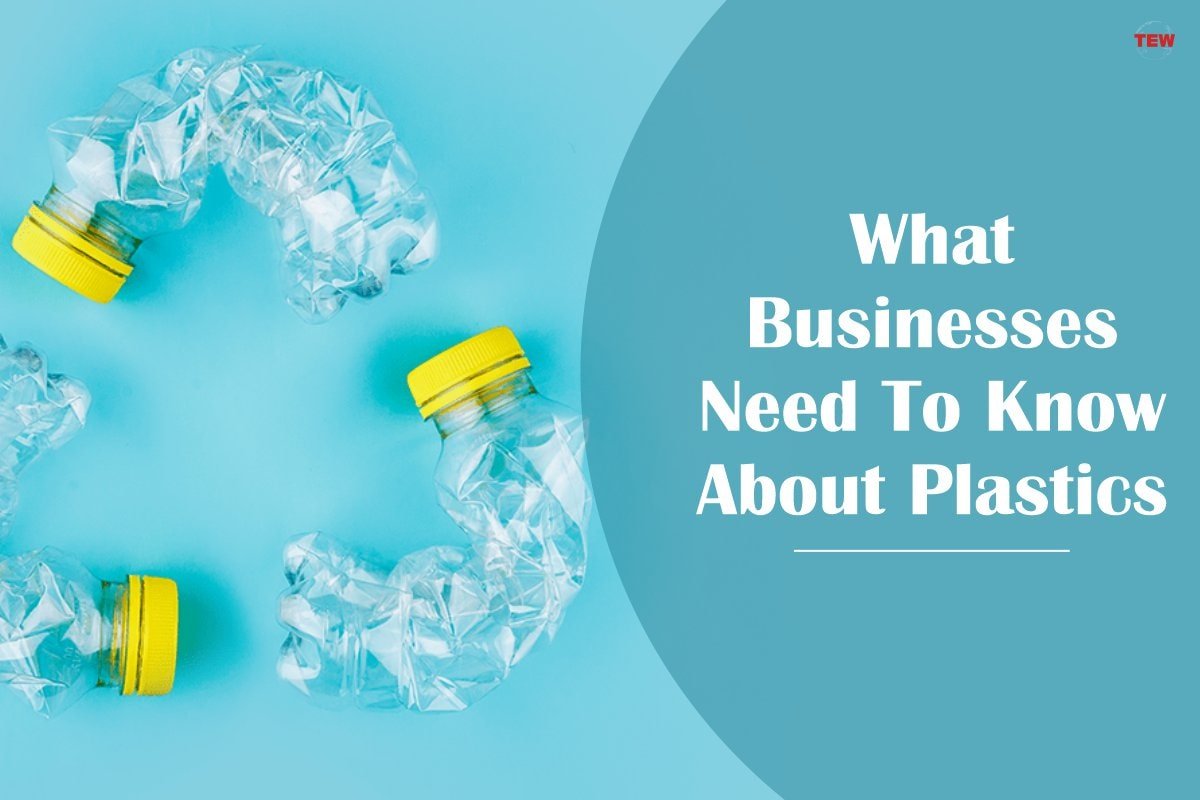Convenience is one factor that prompts industries to continue using plastics in their daily processes and transactions. Since the material is affordable, lightweight, durable, and versatile, it can be quite easy to fall into the habit of choosing it among all else.
Plastic 101
Over the last decades, as more emerging companies use plastics to replace wood and metals, large piles of wastes now occupy natural spaces and establishments. In fact, nearly all businesses around the world have come to depend on plastic for storing, protecting, packing, and transporting their products. Consequently, this replacement and dependence have posed serious environmental problems that contribute to damage and pollution.
With all these, businesses from all industries must collectively pay attention to this global problem and understand the issues, expenses, and inconveniences brought by plastic.
If you’re a business owner, below are some things you need to know about plastics:
1. Recycling Plastic Saves You Money
The fact is that not all plastics are made equal. Some can easily be repurposed while others can be quite difficult to collect altogether. For instance, polythene bags are lighter, which makes them easy to get carried by strong winds.
As a result, this can be challenging to collect for recycling purposes. In addition, single-use plastics have a shorter life span, which can be quite tough to repurpose them for good. In addition, single-used plastics have a shorter life span, which can be quite tough to repurpose them for good.
Despite this, businesses can leverage the idea that there are plastic materials that can be converted into useful items. If you’re using this type of plastic, recycling polypropylene will truly make a difference in your daily operations and expenses, especially in the long haul.
For example, if your business is able to successfully recycle your plastic materials, you can minimize the total costs and burden of having to constantly purchase plastic. Take note that you can’t forever rely on plastic. Also, reusable packaging and storing items is cheaper and more economical, which helps you save more money.
In addition to being a financially savvy move, choosing to recycle is a great opportunity to teach your employees its importance and how this process can potentially decrease one’s carbon footprint.Aside that this is a financially savvy move, choosing to recycle is a great opportunity to teach your employees its importance and how this process can potentially decrease one’s carbon footprint.
2. Reducing Plastic Usage Can Win Customers
The abundance of plastics has already invaded every aspect of life, including wildlife and marine life. As more unwanted wastes start to accumulate, littering has become cumbersome and challenging to handle alone.
Because of the growing environmental issues brought by improper plastics disposal, more customers are starting to get conscious and selective with the brands they choose to buy from. They’re now starting to support brands that are doing their part to protect the planet.
Moreover, with the influence of public figures and social media stars, customers have learned that brands should factor in the environmental impact brought by their operational and marketing decisions. There are now movements to prompt businesses to create better packaging resolutions, sustainable products, and proper waste management systems.
Considering all of these, it would be wise to include this in your core business scheme because, eventually, you’ll have to cater and address these needs to keep old customers and win new ones. Also, when clients witness how your business is creating sustainable alternatives to reduce plastics production and usage, they’ll be satisfied and more encouraged to support your brand.
3. Reducing Plastic Drives Business Growth
It also makes sense to start accommodating your customer’s demands not only for their fulfillment and delight but also for the obvious benefits for your company.
Business forecasting is the act of predicting outcomes and making informed guesses using customer trends and business performance. By reflecting on these, you and your team can develop new and improved systems. It’s also a perfect way to challenge your leaders and managers to think outside of the box, stretch out from what’s familiar, and come up with innovative ways to control plastic production and reduce its usage.
Likewise, this can help your business survive and adapt to the shifts in customer requirements and preferences. When successful, all of these can certainly drive growth and profit.
4. Refusing To Use Plastic May Be Convenient
Gradually declining to use and choose it can help reduce the amount of waste to be recycled and delivered to dump sites and incinerators. This saves your employees time and energy from having to go through this process for an uncluttered workstation.
Moreover, by reducing the amount of work related to plastic disposal, you may reduce downtime and delays in orders. Potentially, with less to no plastics to handle, it may help increase employee engagement and optimize productivity., this may help increase employee engagement and optimize productivity.
Takeaway
Because of the availability of It, it can be easy to settle and use them for your daily business transactions. However, it’s also your responsibility to factor in the possible environmental damage brought by this material.
It might take time and a few errors to adjust and come up with more sustainable solutions. Nonetheless, all of these efforts will be worth the work once you’re able to implement surefire systems and alternatives to win your client’s trust while protecting the planet.





